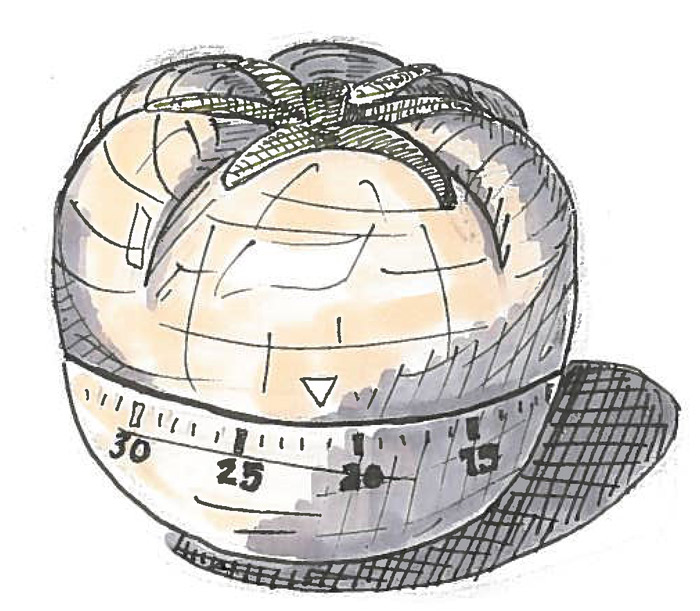“The deadline is a week away—I’ll just do it tomorrow.”
For many, this phrase has become the all too familiar reasoning to put off an assignment in exchange for a more relaxing night spent watching Netflix. However, as finals approach, those who left studying to the last minute will start regretting their decision to procrastinate and may wonder why they would do such a thing in the first place.
Why do we procrastinate?
The urge to procrastinate arises from the way the brain makes decisions. Two parts of the brain, the limbic system and the prefrontal cortex, are in constant competition for control of the decision-making process. Of the two, the limbic system is the one to blame for procrastination habits. As one of the most primitive parts of the brain, it controls basic emotions, such as pleasure and pain. The limbic system is always “on” and is dominant to other parts of the brain. It is also rich in opioid receptors that sense endorphins, such as dopamine and serotonin. The binding of an endorphin to its receptor in the limbic system is what drives emotions of happiness.
The limbic system is balanced by the prefrontal cortex—the part of the brain that compels us to complete a task. The prefrontal cortex is involved in the higher order thinking that separates humans from other animals. Regrettably, it is weaker than the limbic system and requires constant effort on our part in order to function. This means that as soon as we lose focus on a task, the prefrontal cortex falters and the limbic system takes over.
When we are faced with an unpleasant job to do, the brain weighs its two choices. The first option, listen to the prefrontal cortex and finish whatever task needs to get done. This “thinking” part of the brain recognizes future consequences and knows that a few days from now we will regret putting the task off. The second option would be to give in to the limbic system and enjoy the small, immediate outburst of endorphins produced by participating in more pleasurable activities. Often, the brain will choose the instantaneous burst of pleasure that procrastinating gives us because of the dominant nature of the limbic system.
How can we overcome procrastination?
1. Eliminate distractions. The prefrontal cortex requires effort to be kept on task. Any distraction that causes a loss of focus makes it easier for the limbic system to win the battle. While studying, try to close all unnecessary browser tabs, stay off social media, and shut off your phone until you are done with what you have to do. Small baits can tempt the brain and increase the chances of procrastination.
2. Reward yourself for completed work. Study for an hour, then reward yourself with a 10-minute break. Once the brain starts expecting a reward for overcoming a difficult task, it will be easier to get into the habit of getting work done. Studying by intervals also helps increase focus, which in turn strengthens the prefrontal cortex against the pressures of the limbic system.
3. Self-impose deadlines. Besides pleasure, another emotion that the limbic system feels is pain. When a deadline approaches, the stress of meeting it creates a feeling of “pain,” which overrides any feeling of pleasure that the brain would gain from procrastination. Although less effective than an external deadline, self-imposed deadlines create the same effect and can help you finish work.








